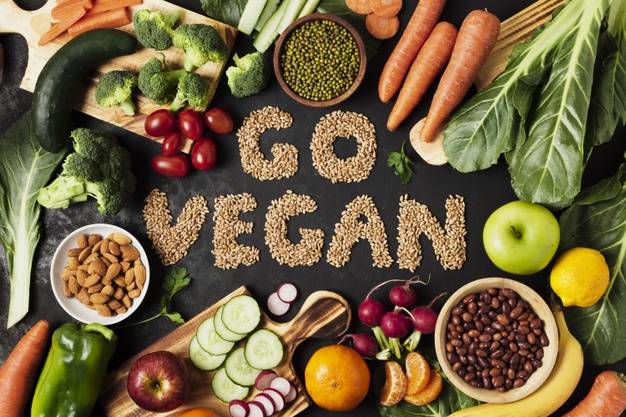Global climatic change is not the latest news. However, we all are aware of the drastic and catastrophic changes occurring and are predicted to impact every aspect of life, i.e., agriculture, ecosystem, environment, livelihood, etc., soon.
While multiple initiatives are being taken to save the Earth, a new trend, “Veganism,” makes the task easier than its alternative. The following article talks about how Veganism can help the environment and why we should switch to it.
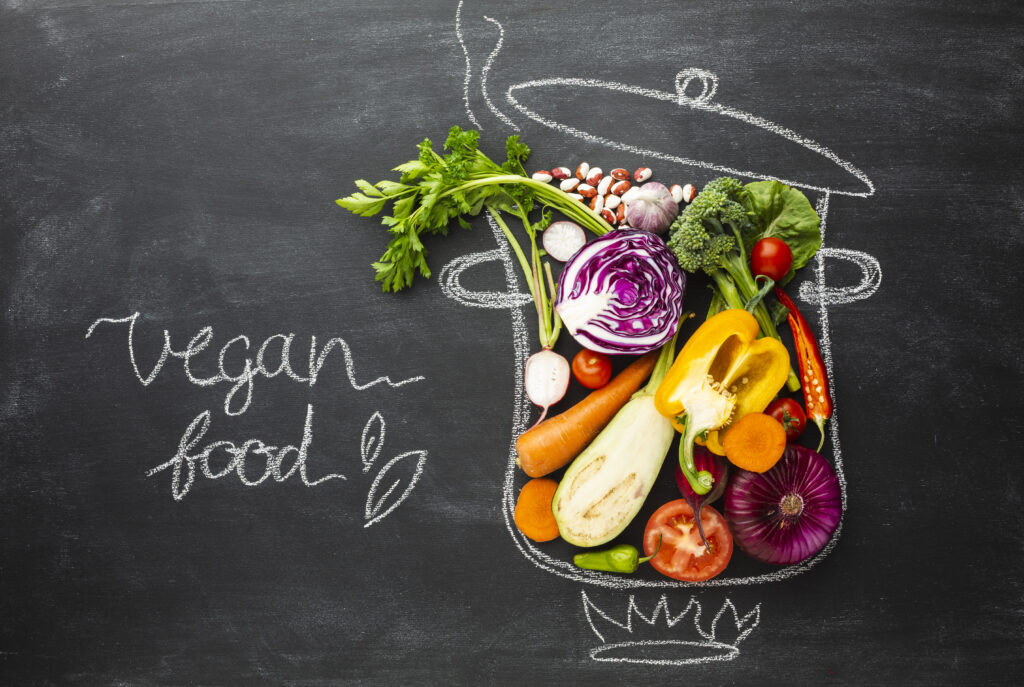
A vegan diet or plant-based diet is not a mere change in food habits, but it is a lifestyle change. It includes not taking anything from animals, from food to clothes, make-up, etc.
As per the University of Oxford data, leaving dairy and meat products might reduce 73% of the carbon footprint from an individual’s food. Environmental Science Researcher of University of Oxford, Joseph Poore, also said, “A vegan diet is probably the single biggest way to reduce your impact on planet Earth, not just greenhouse gases, but global acidification, eutrophication, land use, and water use.”
Here are some reasons why you should give Veganism a thought:
- Combat hunger
Deforestation and pollution by the meat industry are limiting the overall capacity of the Earth to produce food. And the amount produced, around 700 million, goes to feed livestock which can feed humans every year.

- Conserve water and soil
Livestock pollutes water and soil, which restricts water availability and soil nourishment. For example, a study told that one-kilo beef uses 15000 liters of water. And lands cleared to make space for livestock provides nutrients to the soil.
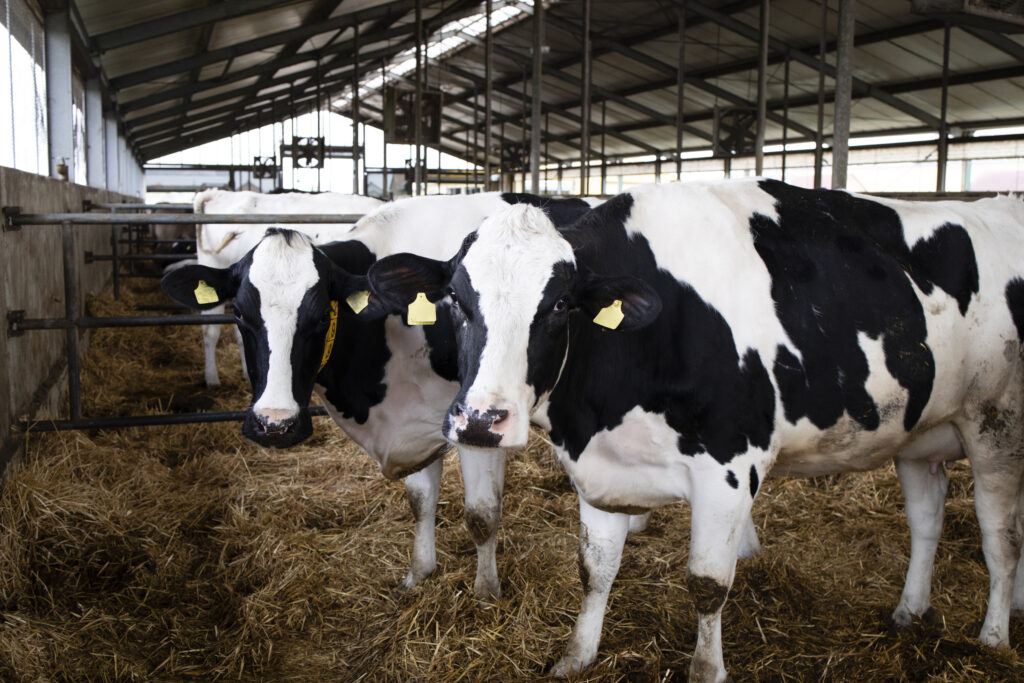
- Reduce energy consumption
Plant-based food products need comparatively less energy and cost than raising livestock. The area used for their food cultivation could be put to other use, and it takes a long for the meat to process from slaughterhouse to kitchen.
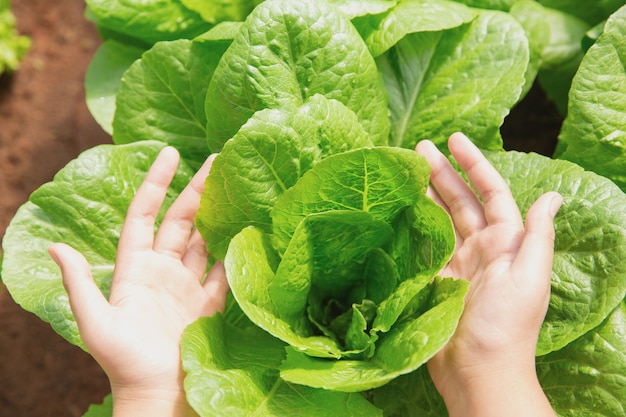
- Reducing greenhouse gases
Veganism is a great opportunity to limit greenhouse gas emissions, which is the main reason for increasing global warming & pollution worldwide. Our World In Data published in 2020 that making protein from beef releases 90 times more carbon dioxide than making protein from peas.
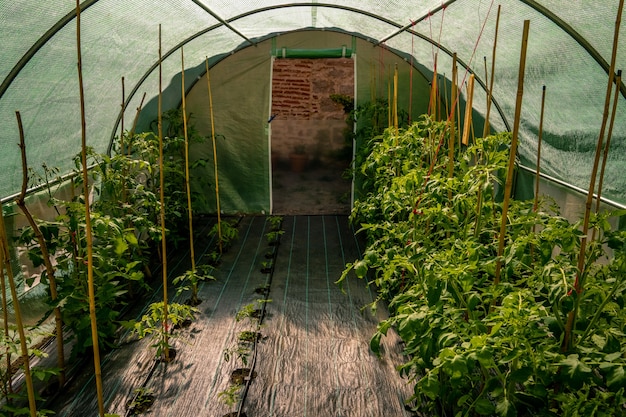
Vegetarianism is similar to Veganism, and India is the most vegan-friendly country in the world. Although Indians love animal products like dairy, honey, etc., people are shifting towards the vegan diet with a rising trend.
Approximately 20 to 40% of people in India are vegetarian, which primarily includes Brahmins, Jain, and Sikh communities. However, these people continue to consume milk as a substitute for protein in their diet.
This year, on World Environment Day, as an initiative by PETA India, members of Parliament (MPs) of different political parties will participate in the campaign to go vegan and choose Earth-friendly food to protect the environment.
Not only MPs but various celebrities are also cutting animal-based diets to maintain ecological balance. Last year, actress Bhumi Pednekar took Instagram to reveal that she had started a vegetarian diet in the lockdown.
She shared that it was her idea to do so long before, but old habits die hard. However, her journey with Climate Warrior, which she founded to shed light on climate changes, made her more compassionate and humble towards other species. Shraddha Kapoor, Anushka Sharma, Dia Mirza, Akansha Ranjan Kapoor also came forward to welcome her in the “Vegetarian Club.”
Veganism might feel difficult to start because you will crave meat occasionally. But with time, it will bring you to a happy, guilt-free, and healthy place, which will overshadow every craving you went through.
With the current forecast, the global population is supposed to reach 9.1 billion by 2050. So, to feed the mass in the future, we need to think right now. Hence, try to switch to Veganism to help the Earth sustain itself.











